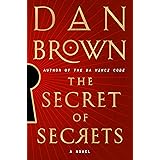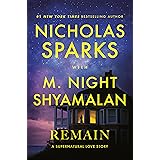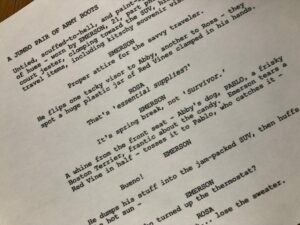“Unlock the Secrets: How an Epilogue Can Transform Your Story and Leave Readers Begging for More!”
He sleeps. Although so much he was denied,
He lived; and when dear love left him, died.
It happened of itself, in the calm way
That in the evening night-time follows day.
5. Neuromancer by William Gibson
The groundbreaking science fiction novel Neuromancer by William Gibson ends with an epilogue titled, “Coda, Chapter 24: Departure and Arrival” (Coda is the equivalent to an epilogue in music—see below).

The epilogue of Neuromancer is titled Coda: Departure and Arrival.
Now that we’ve seen some examples, let’s talk about the origins of epilogues and whether you should use one in your book.

















